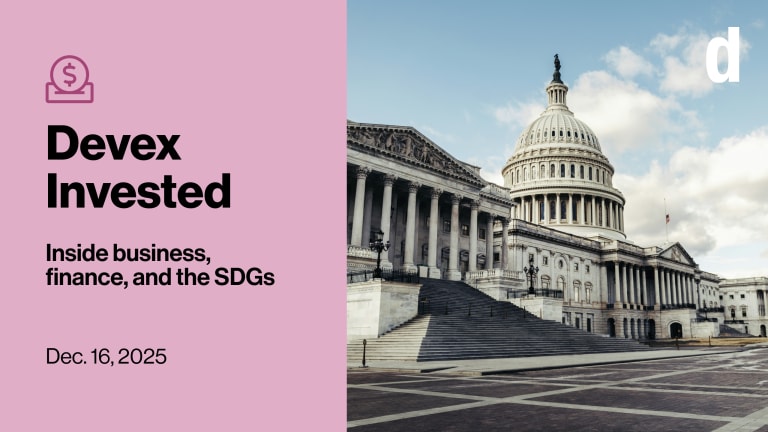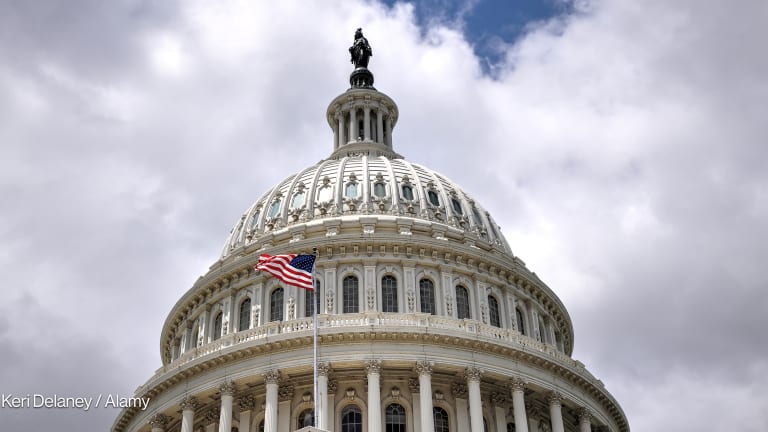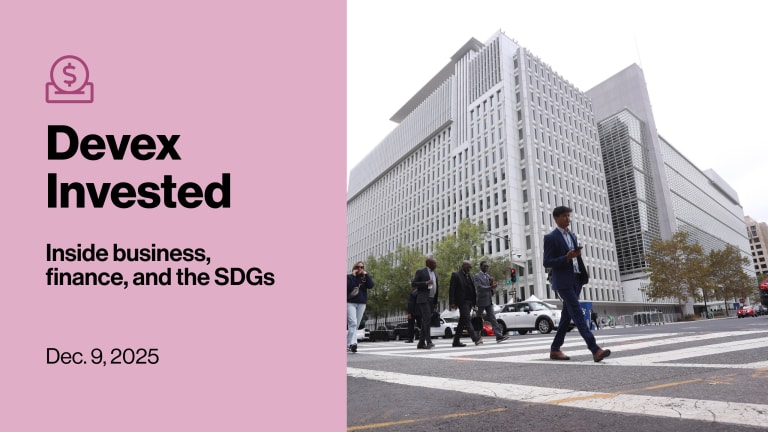A major phase of the U.S. International Development Finance Corporation’s reorganization is complete: staff are now on new teams focused on specific sectors.
In the past, staff were grouped by the type of investment they specialized in, but now, they are divided among five key sectors: infrastructure and minerals, energy, health and agriculture, small business support, and funds. Climate and inclusion will be priorities across all sectors.
DFC, the U.S. development finance institution that finances private sector development solutions, has grown fast, committing $9.3 billion to 132 projects worldwide last year. The agency started a strategy review back in 2022, and in May, management unveiled plans to restructure the agency as part of it.
This story is forDevex Promembers
Unlock this story now with a 15-day free trial of Devex Pro.
With a Devex Pro subscription you'll get access to deeper analysis and exclusive insights from our reporters and analysts.
Start my free trialRequest a group subscription







